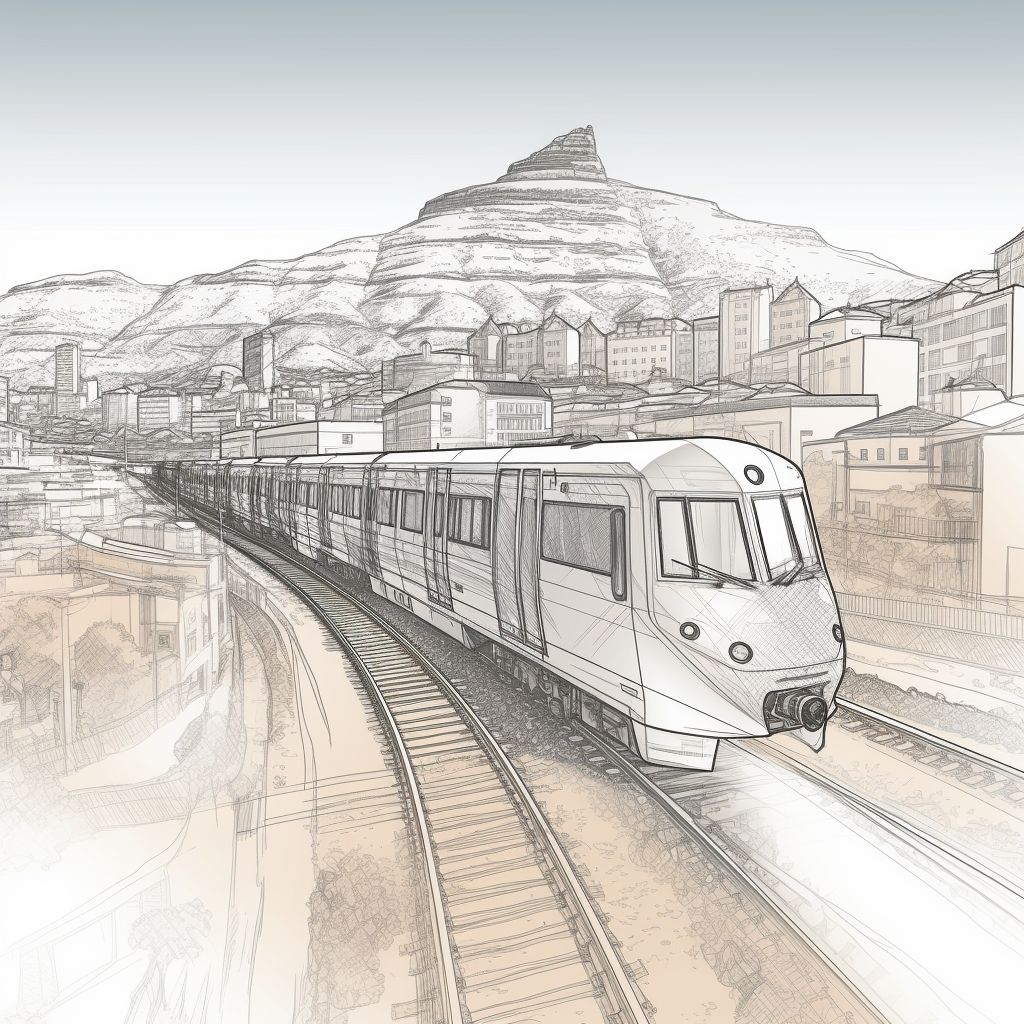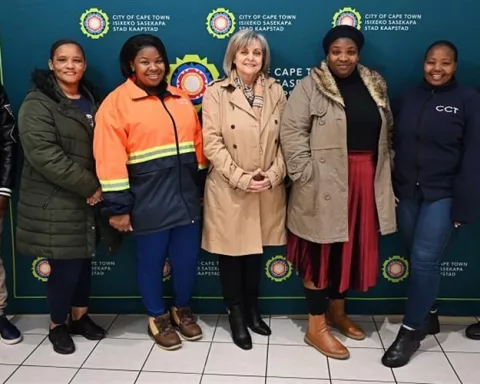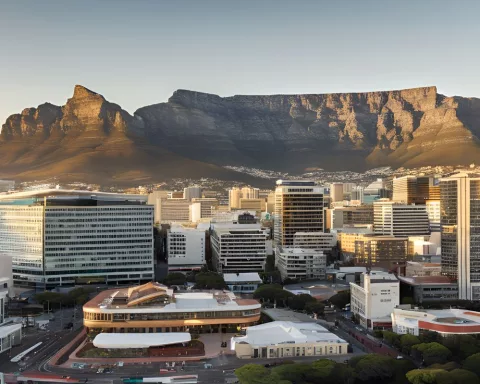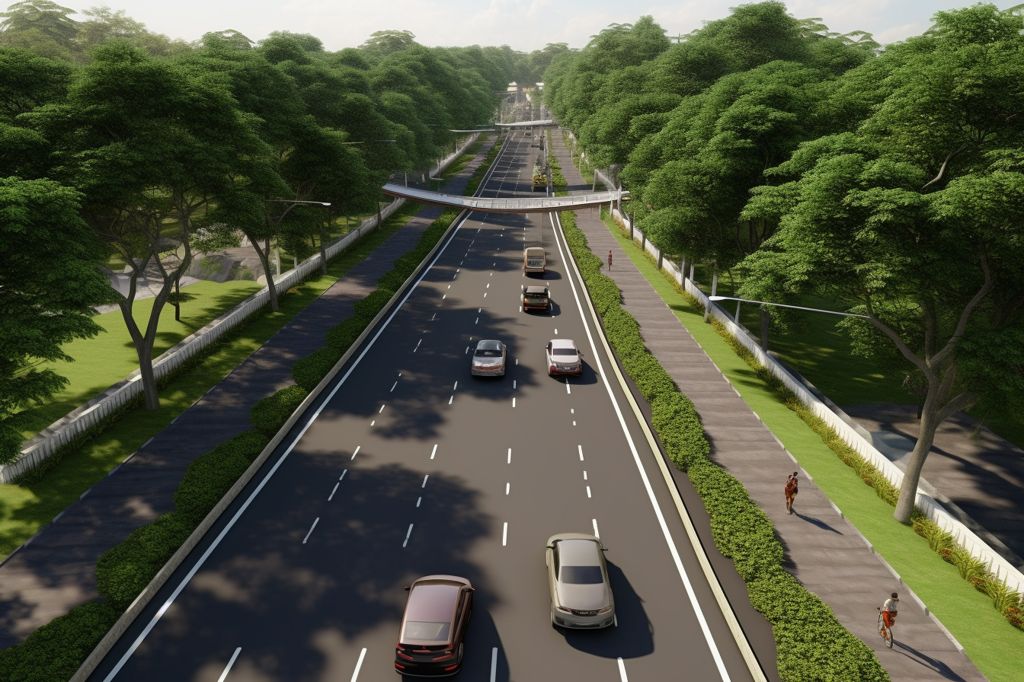Cape Town’s Mayor, Geordin Hill-Lewis, is urging President Cyril Ramaphosa to clarify the National Government’s stance on the devolution of passenger rail services to capable metros. The call comes amid contradictory statements from Transport Minister Sindisiwe Chikunga, who suggests that current plans don’t involve devolving rail operations to the City of Cape Town. This contradicts the Cabinet policy decision to devolve rail, which raises questions about the National Government’s commitment to the issue.
Contradictions in National Rail Policy
The debate surrounding rail devolution in Cape Town centers on the White Paper on National Rail Policy, which the Cabinet adopted in May 2022. The policy document commits to devolving rail to capable metros and promises a Rail Devolution Strategy in 2023. However, remarks from Minister Chikunga suggest a possible U-turn on this commitment, causing confusion and frustration for Cape Town’s local government and its citizens, who need an efficient rail system to support economic growth and improve their quality of life.
The Importance of a Thriving Rail System
Mayor Hill-Lewis stresses the importance of an affordable, safe, and reliable train service for millions of Cape Town’s commuters. He also highlights the potential economic benefits a thriving rail system could generate, with estimates indicating that lower-income households could save up to R932 million per year with an efficient rail service in operation. Moreover, a well-functioning rail system could support over 51,000 jobs and contribute R11 billion to the local economy annually.
The Decline of Passenger Rail Agency of South Africa (PRASA)
The Passenger Rail Agency of South Africa (PRASA) has been experiencing a decline in recent years, with corrupt deals and mismanagement leading to significant losses for the agency. This has resulted in a decrease in passengers transported over the past decade, leaving lower-income households struggling without access to an affordable and efficient mode of transportation, further exacerbating economic disparities and hindering growth.
The City of Cape Town’s Response
The City of Cape Town is conducting a detailed Rail Feasibility Study as part of its efforts to lay the groundwork for devolving passenger rail services. Finance Minister Enoch Godongwana has expressed support for this study in correspondence with Mayor Hill-Lewis. The City is inviting PRASA and the National Government to collaborate on finalizing this process and reestablishing a viable passenger rail service in Cape Town, for the benefit of its residents and the broader economy.
The Debate Continues
Although outgoing Transport Minister Mbalula previously claimed that no directive had been given to begin rail devolution, it has been reported that a draft Devolution Strategy is being prepared for submission to the Minister by 2024. However, prominent ANC figures, such as Mmamoloko Kubayi, policy head for Economic Transformation, have stated that devolving rail is off the table for the ANC. They cite concerns about strategic infrastructure and the importance of rail as an economic backbone, implying that the National Government may not be fully committed to devolving rail services as previously suggested.
The Fight for a Functional Rail System
Mayor Hill-Lewis remains committed to fighting for a functional rail system, calling it the “lifeblood of a growing economy.” With mixed messages coming from the National Government, the push for clarity and cooperation in devolving rail services to capable metros continues unabated. It is clear that a transparent and efficient rail system is of utmost importance to Cape Town’s residents and economic growth, but only time will tell whether the National Government’s commitment to devolution will hold true.












